Title: The Culture of Depression
WAANT participant: Maria Rosario
Artist name: Hamadoun Camara
•
Ebe •
Opening to Ellie’s Story:
“…. I want to share my story and a bit of what it’s like to live with anxiety, and what it’s like to live with depression. How do I conceptualize those things”
“Anxiety is more like a constant slow burn that I don’t experience very intensely. It stays at a very steady baseline. I don’t really think about it on a daily basis. However, I experience depression in waves or episodes. I also distinctly remember in college and during winter, I would experience my episodes or waves of depression the most, and I would be isolating
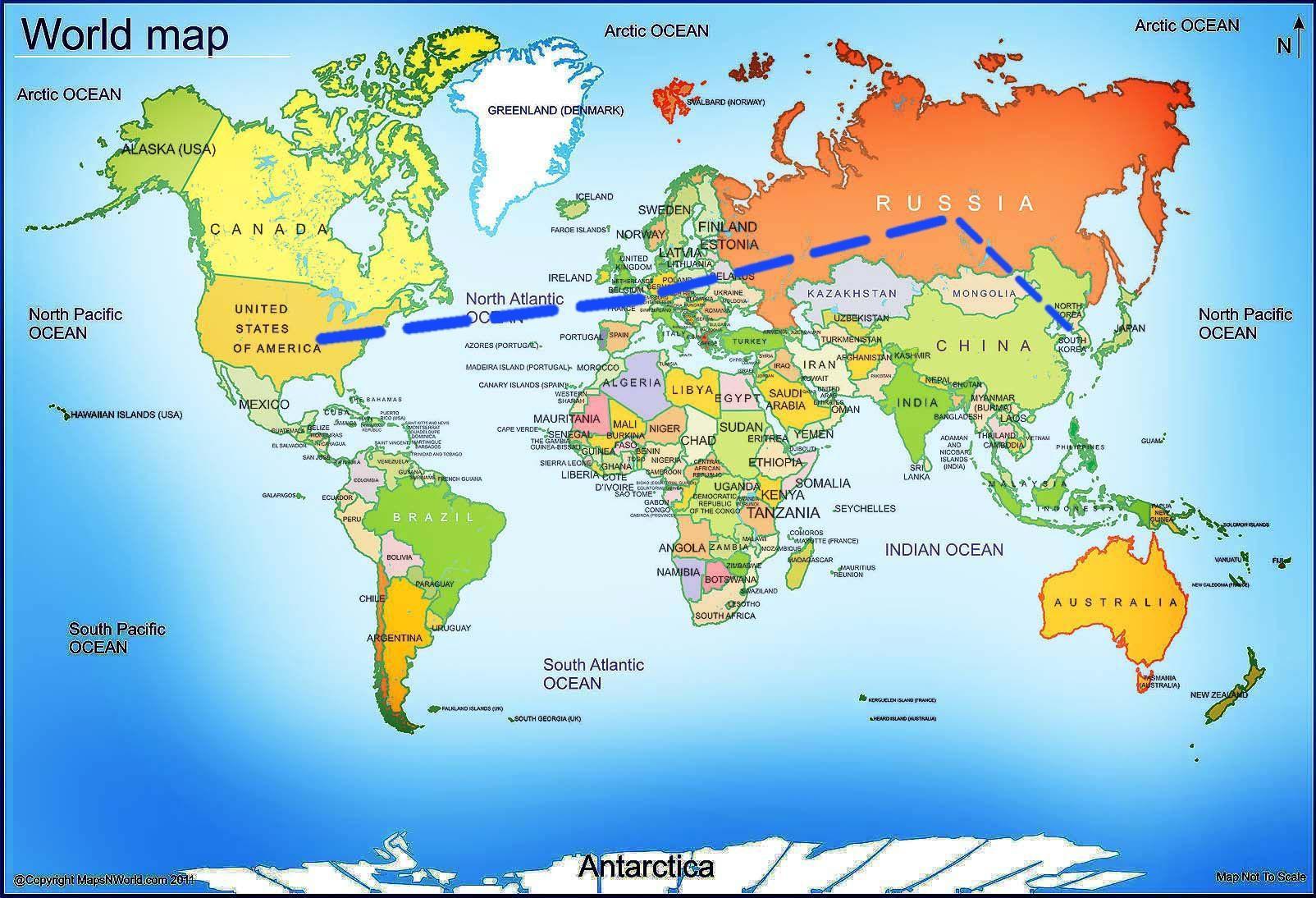
myself…”
My journey from South Korea to Russia

Setting: At Home In South Korea
“I never learned Korean in school. I always reflected on the idea of how my parents impact my mental health positively or negatively. I think, from what I can tell, mental health in Korea is very different, and the reason why I think it is different is because all the terms are different. For example, if I try to think of a word for depression in Korean: there is a parallel word; however, the connotations are totally different. Therefore, the word that I remember using a lot growing up when I was trying to tell my mom that I was sad was “woo-ool-hae” which translates roughly to “I’m sad” or “I’m feeling moody”. However, it’s totally different than just a passing thing that you could experience on a given day...”

Setting: At Home In Korea
…“ Also, I was like: “why am I perpetually sad?” then I realized that I may have actually contributed to the ongoing struggle of not giving myself space because I would tell my mom: “I'm sad”; She would say: "oh, I'm sorry you're sad", but then, that response felt small compared to my experience. My experience was bigger than the term "WOO-OOL-HAE”, and I don't think there
is a proper term for depression in Korean.”
Setting: 9 th grade in Russia

“My happiness was probably lower. My sadness, anger and all my emotions were muted.
It was just very monotonous on the outside".
Setting: Russia
“Thus, growing up I thought depression was a day-to-day thing where I was like: l’m sad today, but l’m also sad the next day, and the next day…”

My journey from Russia to the United States of America

Setting: High-school In Russia

“I remember there was one friend who wanted to hang out with me but I was like: "I'm too busy, I'm sorry, I don't want to hang out with you".
I felt like I almost convinced myself that: “Ellie , she's initiating contact to hang out with you but realistically she doesn't actually want to" and that's why I felt okay rejecting her friendship…”
Setting: School in Russia
‘If I had friends that I was confiding in I think they would have told me: “Ellie, that’s not true , you’re not worthless, your life is not meaningless”, someone would have said that. However, because I didn’t have these friends around me to counter my negative thoughts, I would just kind of tell myself things like: “Oh, Ellie, you don’t have any friends because they don’t want to be your friends” or “Ellie things suck right now but you deserve it“….’

Setting: Transition From Russia To The USA
“The only the way that I would cope with it was: I would go to school and then I’d come back and I would have a quick 10 minutes cry almost every day. It was just part of my routine, I didn’t even question it, and I just knew I have got to ring it out and then I can do my homework.”
Setting: 10th grade in the USA
“ I remember tenth grade was a particularly difficult time of my life because I had moved from Russia to Naperville, IL. Naperville, IL was a very different environment.
I moved from an urban location where I went to a school that had a total of 24 high school students which felt like being homeschooled, very comfortable, very cozy, and I knew everyone around….The transition was drastic. My school in Illinois had like 3,000 students and I didn’t know how to make friends, it was a different culture, everything was different…”

Setting : University Freshman year in the USA
“I would just seat outside in the cold by myself, and I would just cry and cry and cry; and then, once I had let it out: I would go back to my life where I needed to get ready for bed…”
“…But I think I had added on an additional struggle of shame where l was like: ‘Ellie, you are depressed but you shouldn’t be. Why are you depressed? That’s a very loserly thing to do. Just be happy like those other people. Why can’t you just get it together?’…”
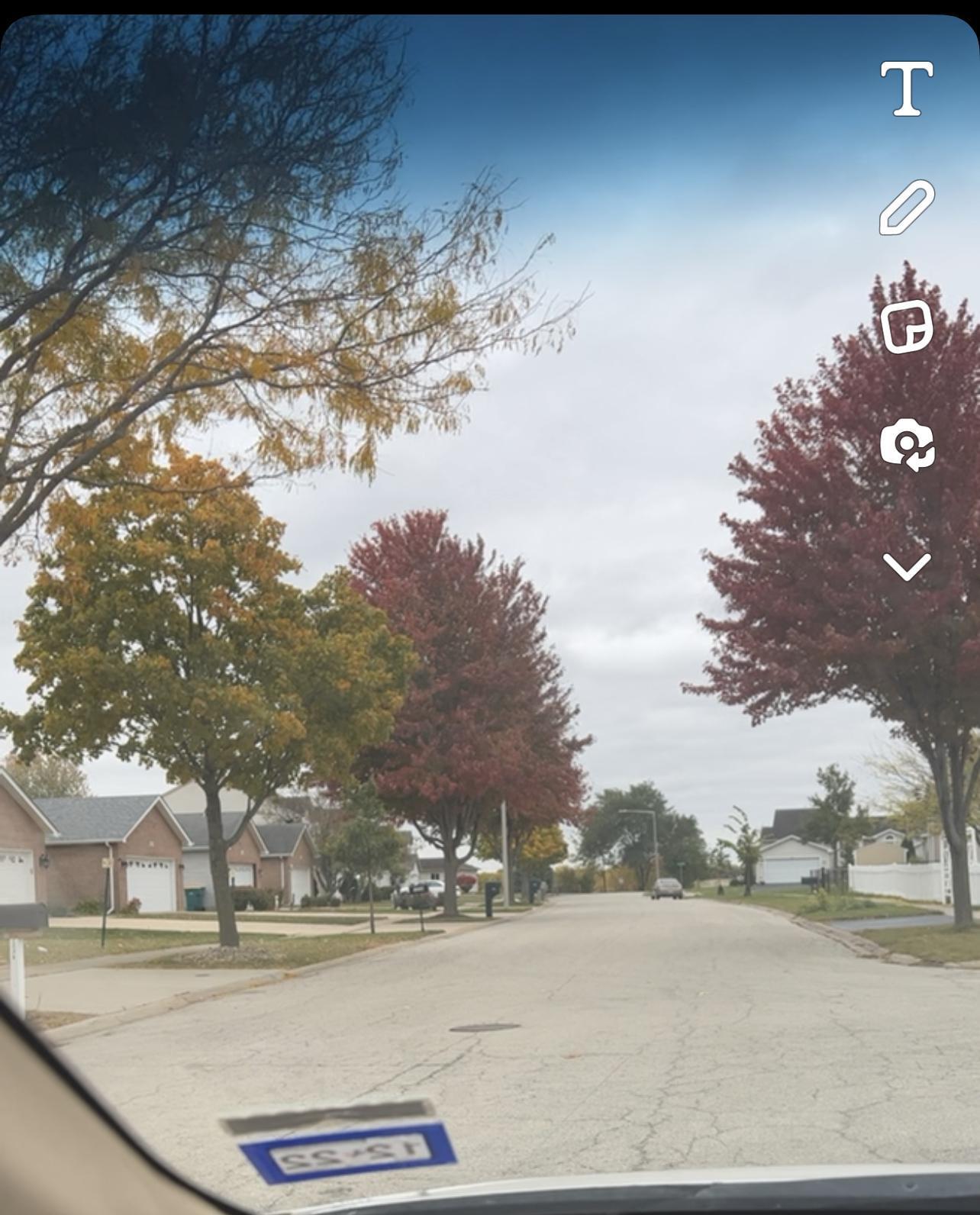
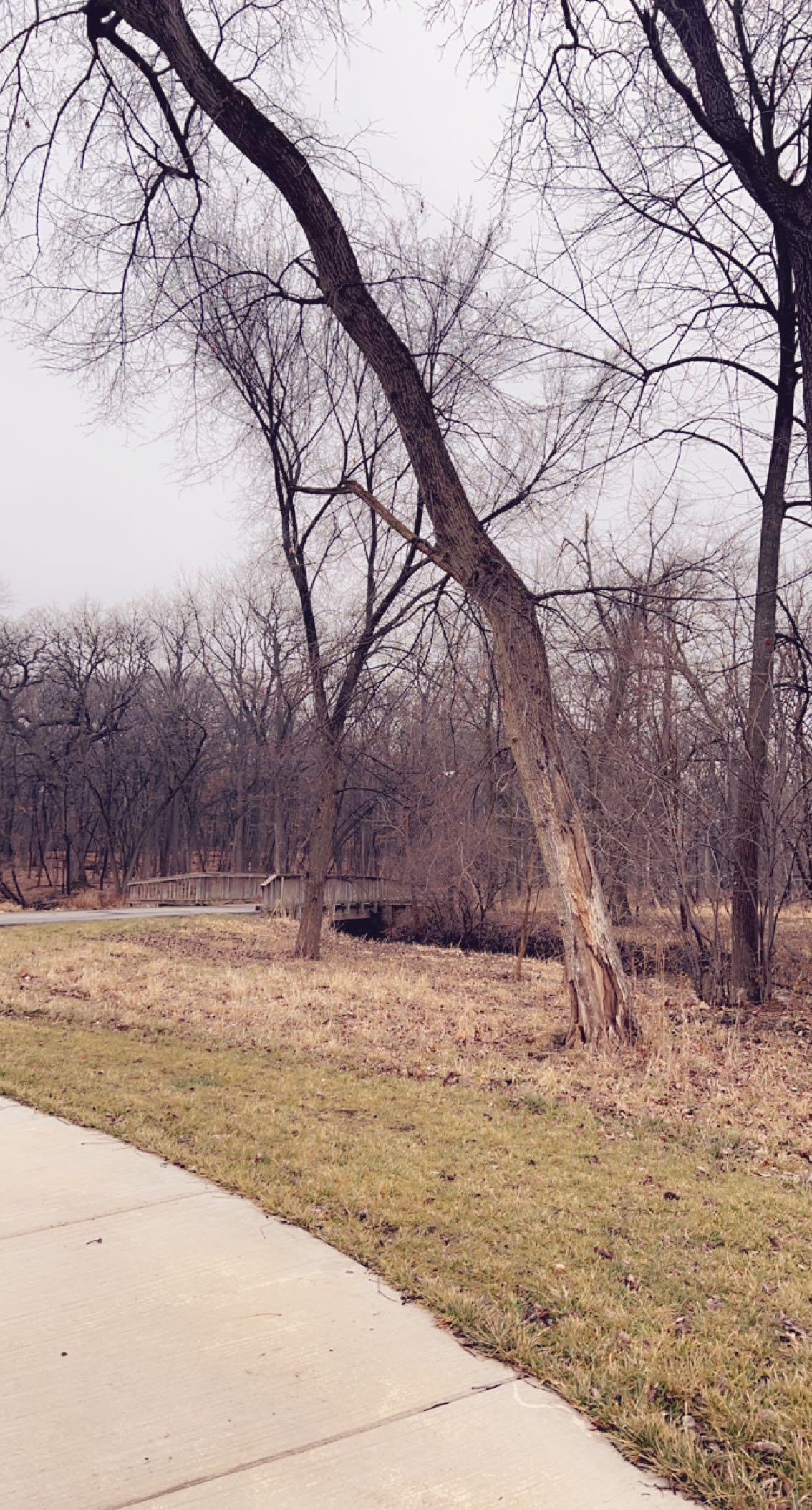

Setting: University in the USA
Setting: Senior Year At The University In The USA
“…I’m learning to almost be friends with the monsters in the closet where I’m like: ‘they can come and go as they please because I truly cannot control that; but when they do visit, I can give them space and let them leave as it wishes.’
That’s how I feel about depression now, I’m like: ‘it’s not here right now. It could come and visit me one day, and then I will let it have its space, let it breathe a bit, and then before I know it: my depressive episode will be over’…”
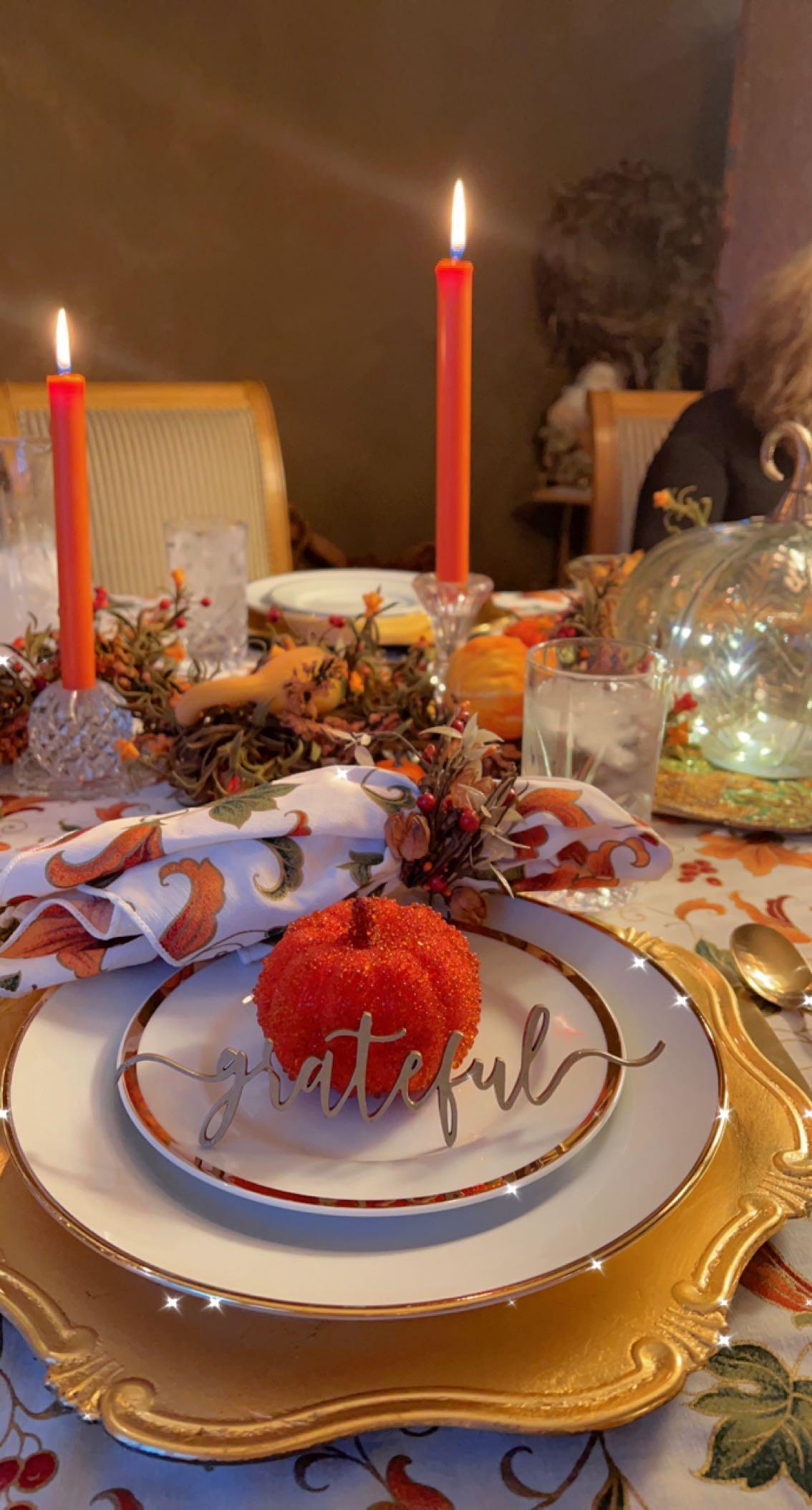
Setting: Today in the USA
“Nowadays I try to tell myself that even though anxiety and depression suck, why don’t I be more pleasant to myself while going it.
I tried to compare them to my period. When I am on my period, I get cramps and I do not usually want to take medication such as Advil or Ibuprofen. However, once a month I let myself take Advil or Ibuprofen and I do not beat myself enormously over it. If I need to sleep in, I let myself sleep in. If I need to cancel my plans, I let myself do that or if I just need to be tortoise-like today: that’s okay too.
I understand I don’t necessarily have full control over this matter and that is okay. This mindset has been the success of me growing up and honestly convincing myself that I can give myself space."

Setting: Today in the USA
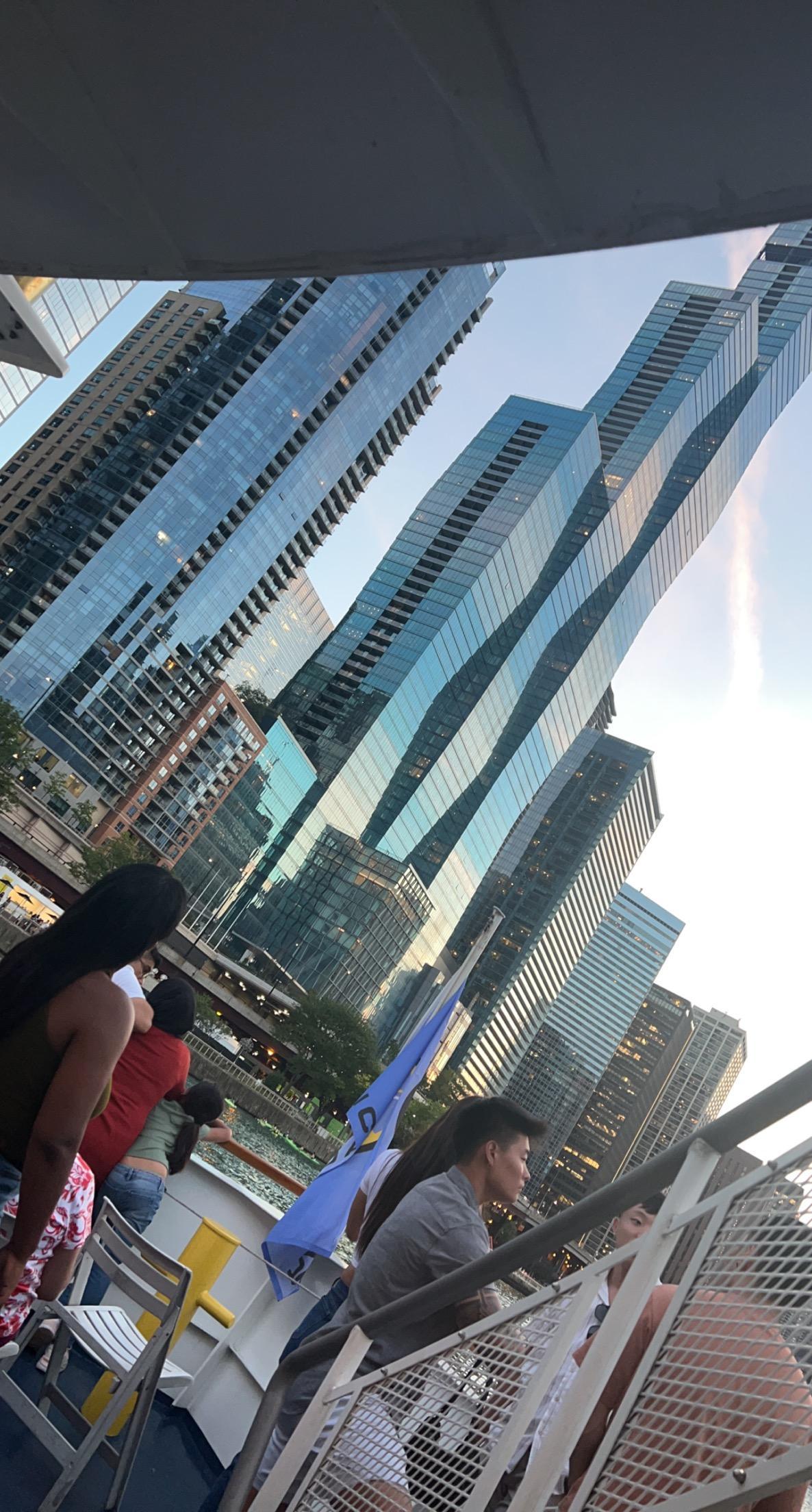
“….Also telling my friends that I am going through something right now not because my friends can fix the problem, but my friends can hold my hand when l’m less responsive and my friends will know why I am down or quiet on that day…. This way of thinking of mine has been amazingly helpful. Their love and their support has been heart-felt and it’s given me wings. That love is helping me heal the right way.”
















